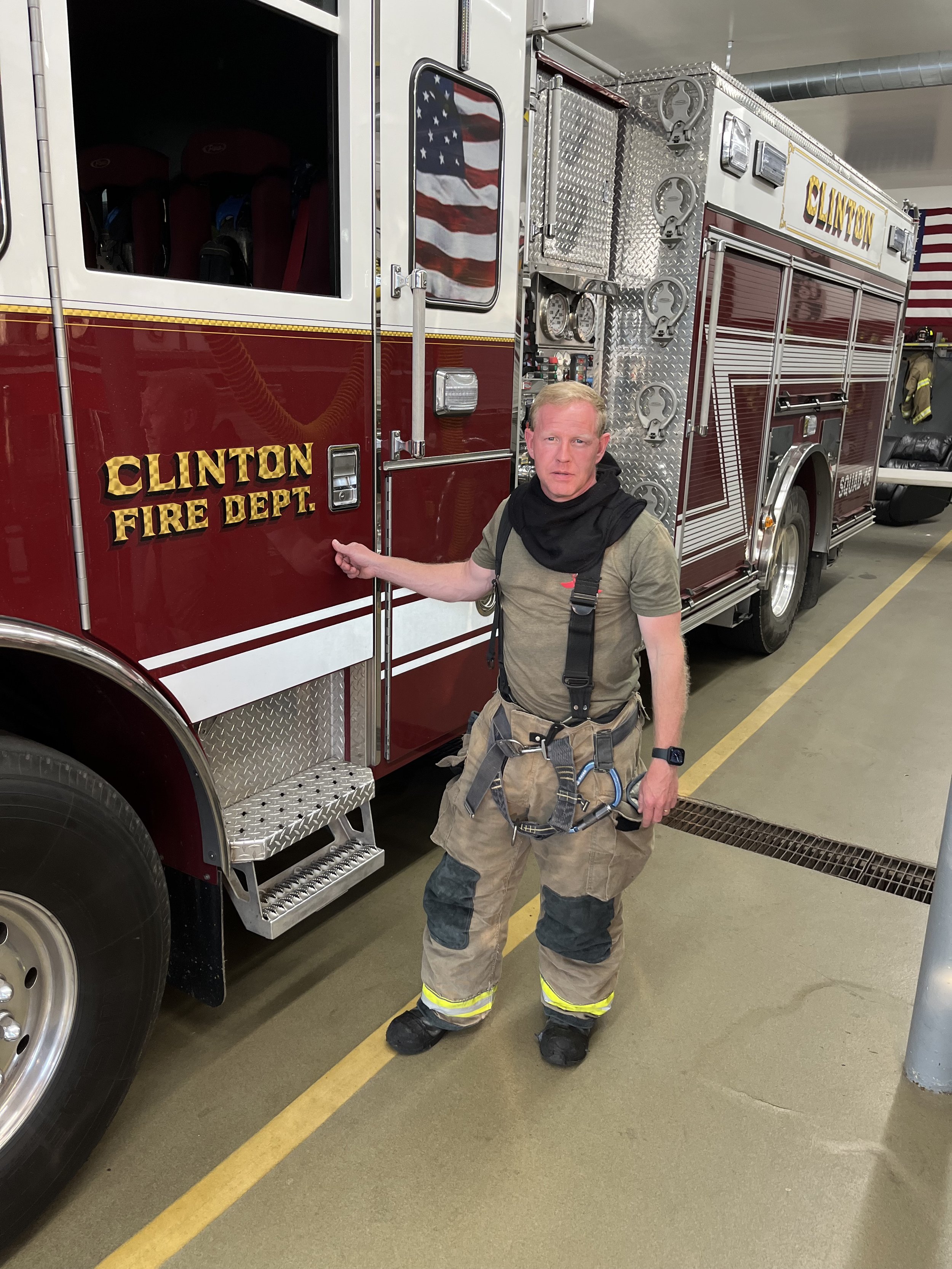
Darrell Doremus
Johnson & Johnson - Director of Global Strategy and Analytics,
From Battlefield to Boardroom – The Corporate Transition of a Colonel
After 26 years as an active duty Army Blackhawk pilot, including 13 deployments each to Iraq and Afghanistan, Colonel Darrell Doremus faced what he considers one of his most daunting challenges yet: transitioning to civilian life. Now serving as the Director of Global Strategy and Analytics at Johnson & Johnson, Doremus reflects on his journey from military service to corporate leadership, describing it in six powerful words:
"Daunting, Nervous, Excited, Exhausting, Lonely, and Rewarding."

The Countdown to Civilian Life
For many veterans, the transition sneaks up on them. "We're never thinking of the end state of the career itself," Doremus explains. "We may be always thinking about the mission and our day-to-day life, but we're not thinking about the transition." With only six to eight months to process out, veterans must navigate a complex maze of decisions, from medical records and VA benefits to life insurance, school choices for children, and perhaps most crucially, their next career move.
Doremus frames the career decision around what he calls "the three 'shuns' (tions)" - compensation, vocation, or location. "They say if you can get one of them, you're doing well. Two? Phenomenal. You'll probably never get three because that's the dream job that none of us will ever have."
From Combat Zones to Corporate Culture
The transition from military to civilian life brings unique challenges. For Doremus, moving from being a subject matter expert in the military to a novice in the corporate world was particularly nerve-wracking. "You never want to disappoint the person you're working for, even if that person is a 24-year-old who is now the subject matter expert," he notes.
Finding New Purpose
Despite the challenges, Doremus has found ways to thrive in his civilian life. He emphasizes the importance of maintaining habits learned in the military, such as physical fitness and meditation, and being open with family. He's also found purpose beyond his corporate role, serving as a volunteer firefighter in his community.
For other transitioning veterans, Doremus offers this advice: be prepared for the challenges, both expected and unexpected. "In combat, I usually knew a little bit about the enemy and their tactics. In transition, you're going into areas where you have none of that knowledge," he says. But with proper preparation, support, and resilience, the transition, though daunting, can ultimately be rewarding.
His job search began broadly, casting a wide net before becoming more targeted. Eventually, he found his way to Johnson & Johnson's Experience Military Veterans Leadership Development Program (EMVLDP), which offers veterans with 20+ years of experience two nine-month rotations within the company. The program's values-based approach resonated with Doremus, reminding him of military service - responsibility to patients mirroring responsibility to soldiers, responsibility to employees echoing responsibility to families.
The Hidden Challenges
What many don't realize is the mental toll of the transition. "I've done a lot of things - 26 years, 13 deployments to Iraq, 13 to Afghanistan. This was probably one of the most exhausting experiences I've had in my life from a mental perspective," Doremus reveals. The stress of providing for family, maintaining networks, and constantly putting yourself out there can be overwhelming.
Perhaps most surprisingly, the transition can be incredibly lonely. "In the military, we've all been part of teams," Doremus explains. "When you get out, pack your stuff, and move away from the base, the gate closes and you're a team of one." This loneliness extends beyond the veteran to their family, who must also adapt to new communities where others may have generational ties.





